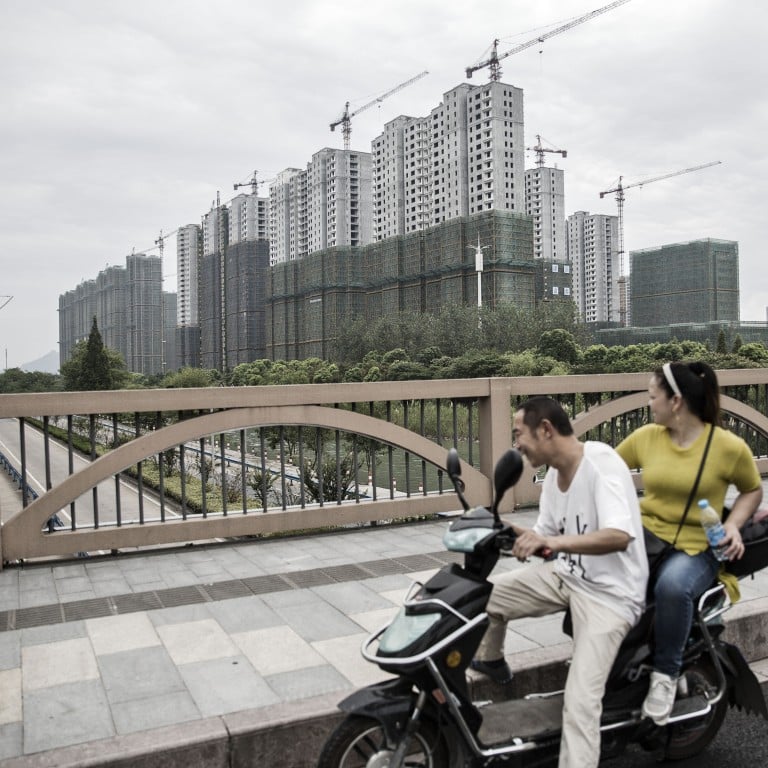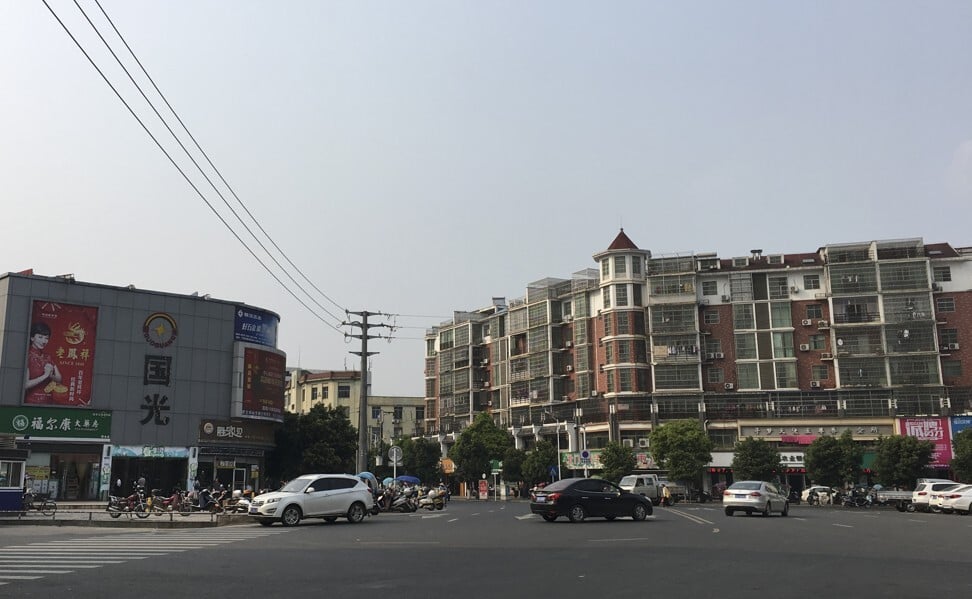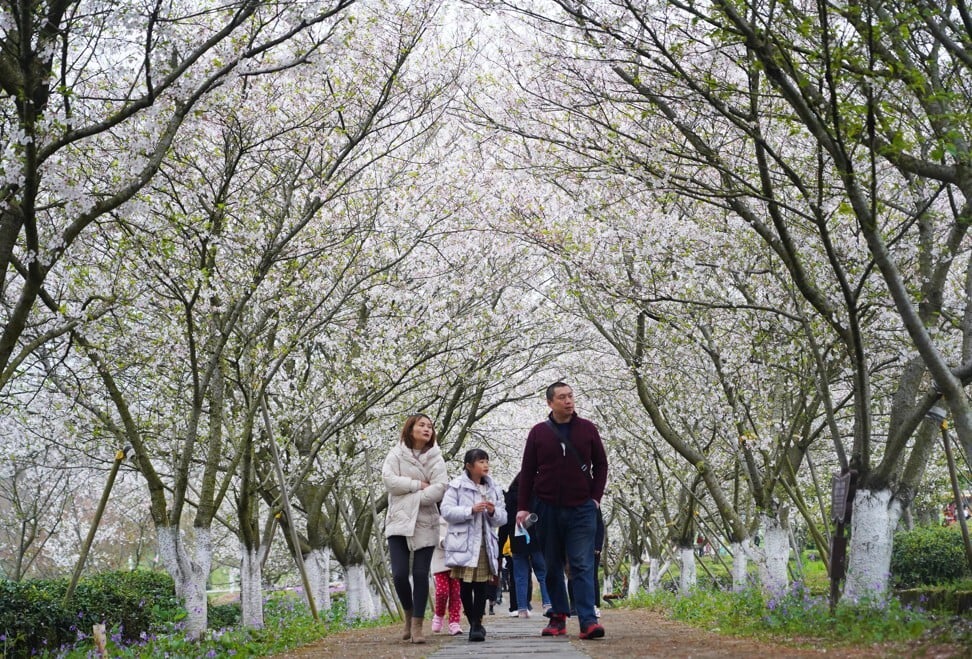
Chinese banks raise mortgage rates, helping to rein in runaway prices that puts housing affordability further out of reach
- Shenzhen, Nanchang, Hangzhou are among the cities that have seen rising mortgage rates for first-time borrowers and second-home buyers
- The national average mortgage rate for first-home buyers rising 11 basis points since January to 5.33 per cent in May
Commercial banks across several Chinese cities have begun raising their mortgage rates, as they increase the cost of buying homes to help the government keep a lid on speculative buying that is fuelling a runaway housing bubble.
“Mortgage rates fluctuate [because] a few cities had a sudden increase in transaction volume [and] a rising demand for housing loans,” said Zhang Dawei, the chief analyst at Centaline Property Agency, adding that rate changes are also related to the credit capacity of various banks, and whether they have reached the regulatory limit for loans.

“Real estate is for living in, not for speculation,” goes the edict that was reiterated several times by China’s President Xi Jinping. That has been translated into policy, underscored by the National 14th Five-Year Plan enacted in March.

China implemented an array of policies to tame the property market this year, including centralised land sales, preventing business loans from flowing to the housing market, discussions with local governments and crackdown on speculation.
That has extended to higher mortgage rates, with the national average mortgage rate for first-home buyers rising 11 basis points since January to 5.33 per cent in May.
The nationwide average for second-home buyers was 5.61 per cent, an increase of 8 basis points from January, according to data from Rong360 Big Data Research Institute that tracked 703 bank branches in 42 major cities.
“Many cities will join the ranks” of higher mortgage rates, said Yan Yuejin, research director of the Shanghai-based E-house China Research and Development Institute, adding that banks are exercising more restraint in their credits because of higher turnover earlier.

“Existing tightening measures have yet to stabilise property prices, which implies the government will unlikely scale back those measures in the near term,” BofA Securities said in a report on Friday.
One of the biggest changes is that banks have seen a collective upwards adjustment in mortgage rates, reflecting a consensus that banks generally feel pressure, Yan said. So everyone has adjusted the interest rate in a unified way with a tacit understanding.
“This year, banks will have to take greater responsibility for keeping speculation away from the housing market,” Yan said. “[They] must be held accountable for credit misallocation. The control of mortgage quotas since last year, in fact, does have an impact on loan flows and interest rates. It will indeed be tightened [continuously].”
Higher “borrowing costs can reduce investment needs and will indeed cool the property market,” said Yan. “There is also a possibility of a 5 per cent drop [in transaction volume].”

